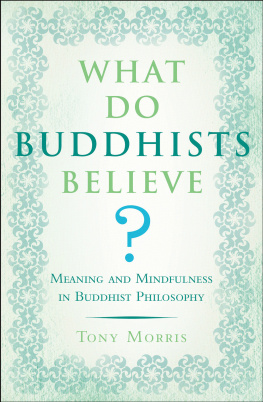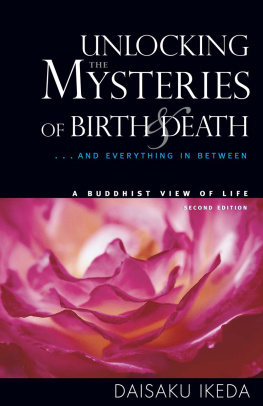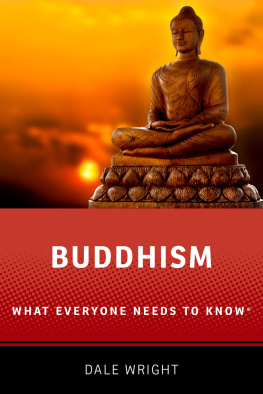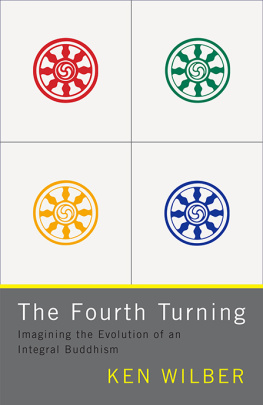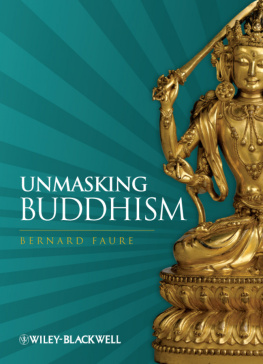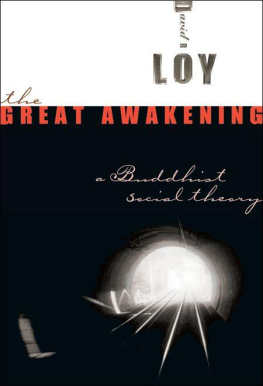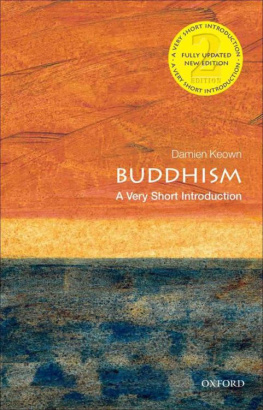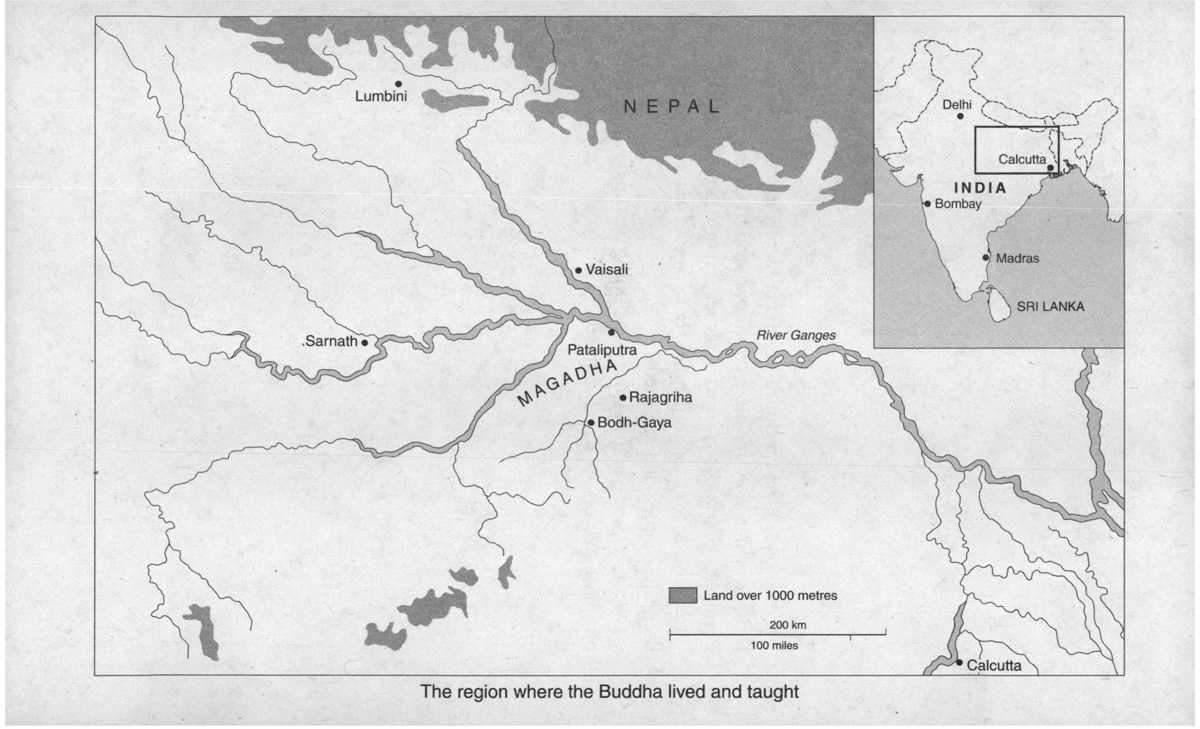Tony Morris - What Do Buddhists Believe?: Meaning and Mindfulness in Buddhist Philosophy
Here you can read online Tony Morris - What Do Buddhists Believe?: Meaning and Mindfulness in Buddhist Philosophy full text of the book (entire story) in english for free. Download pdf and epub, get meaning, cover and reviews about this ebook. year: 2009, publisher: Bloomsbury Publishing Plc, genre: Religion. Description of the work, (preface) as well as reviews are available. Best literature library LitArk.com created for fans of good reading and offers a wide selection of genres:
Romance novel
Science fiction
Adventure
Detective
Science
History
Home and family
Prose
Art
Politics
Computer
Non-fiction
Religion
Business
Children
Humor
Choose a favorite category and find really read worthwhile books. Enjoy immersion in the world of imagination, feel the emotions of the characters or learn something new for yourself, make an fascinating discovery.
- Book:What Do Buddhists Believe?: Meaning and Mindfulness in Buddhist Philosophy
- Author:
- Publisher:Bloomsbury Publishing Plc
- Genre:
- Year:2009
- Rating:5 / 5
- Favourites:Add to favourites
- Your mark:
What Do Buddhists Believe?: Meaning and Mindfulness in Buddhist Philosophy: summary, description and annotation
We offer to read an annotation, description, summary or preface (depends on what the author of the book "What Do Buddhists Believe?: Meaning and Mindfulness in Buddhist Philosophy" wrote himself). If you haven't found the necessary information about the book — write in the comments, we will try to find it.
A concise, informative, and fascinating short book that explains the how and why of Buddhism. Buddhism is one of the worlds oldest and most widespread religions, with a history spanning some 2,500 years. It has nearly 400 million adherents and there are Buddhists today in almost every country in the world. In What Do Buddhists Believe?, Tony Morris gives readers a sense of the most important and interesting facets of Buddhism and some of the reasons why, in an age that seems increasingly disenchanted with traditional ethical and religious teachings and organized religion, Buddhism appears to be thriving. The teachings of Buddhism are vast and various. At its core, though, is a simple set of propositions and practices. Its emphasis has always been, and remains, how to live a wise, happy, compassionate, and fulfilled life. Complete with a useful time line, further suggested reading, and a list of contacts, What Do Buddhists Believe? is the ideal book for anyone wishing to acquaint themselves with this ancient and fascinating religion.
Tony Morris: author's other books
Who wrote What Do Buddhists Believe?: Meaning and Mindfulness in Buddhist Philosophy? Find out the surname, the name of the author of the book and a list of all author's works by series.

